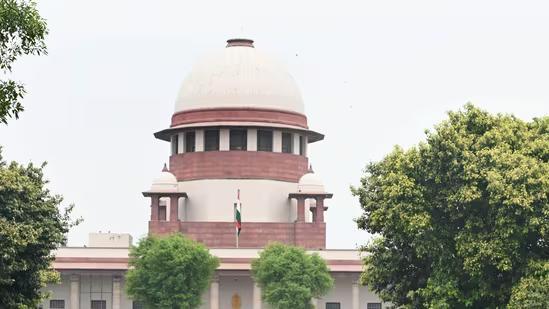
Poll Body Agrees to Upload Names of 65 Lakh Deleted Bihar Voters After SC Order
In a significant move, the Supreme Court has directed the Election Commission of India to upload online the names of 65 lakh voters who are proposed to be deleted during the ongoing electoral roll revision in Bihar. The top poll agency has agreed to upload the names online booth-wise and in searchable format, ensuring transparency and accountability in the electoral process.
The apex court’s directive came in response to a petition filed by the Bihar-based non-governmental organization, Association for Democratic Reforms (ADR), which had sought the court’s intervention to ensure that the proposed deletions were not arbitrary and that the affected voters were given an opportunity to contest the deletions.
The Election Commission of India (ECI) had earlier proposed to delete around 65 lakh voters from the electoral rolls in Bihar, citing various reasons such as non-existent addresses, non-receipt of verification letters, and non-availability of documents. However, ADR had argued that the proposed deletions were arbitrary and violative of the fundamental right of franchise enshrined in the Constitution.
The Supreme Court, in its order, has directed the ECI to upload the names of the proposed deletions online, booth-wise, and in a searchable format, allowing voters to check their names and contest any errors or inaccuracies. The court has also directed the ECI to accept Aadhaar card as a document for verification purposes, making it easier for voters to prove their identity and residence.
The ECI has agreed to comply with the Supreme Court’s directions, and the names of the proposed deletions are expected to be uploaded online in the coming days. This move is expected to bring transparency and accountability in the electoral process, ensuring that voters are not arbitrarily deleted from the electoral rolls.
The decision to upload the names of the proposed deletions online is a significant step towards ensuring transparency and accountability in the electoral process. It will allow voters to check their names and contest any errors or inaccuracies, ensuring that the electoral rolls are accurate and up-to-date.
The ECI’s agreement to accept Aadhaar card as a document for verification purposes is also a significant move, as it will make it easier for voters to prove their identity and residence. Aadhaar card is a widely accepted document, and its acceptance as a proof of identity and residence will simplify the verification process and reduce the chances of errors and inaccuracies.
The Supreme Court’s order is also a vindication of the efforts of ADR and other civil society organizations that have been working to ensure that the electoral process is fair and transparent. The court’s order has sent a strong message to the ECI and other poll agencies that they must ensure that the electoral process is fair and transparent, and that voters are not arbitrarily deleted from the electoral rolls.
In conclusion, the Supreme Court’s order directing the ECI to upload the names of the proposed deletions online and to accept Aadhaar card as a document is a significant step towards ensuring transparency and accountability in the electoral process. It will allow voters to check their names and contest any errors or inaccuracies, ensuring that the electoral rolls are accurate and up-to-date. The ECI’s agreement to comply with the court’s directions is a welcome move, and it is expected to bring transparency and accountability in the electoral process.






